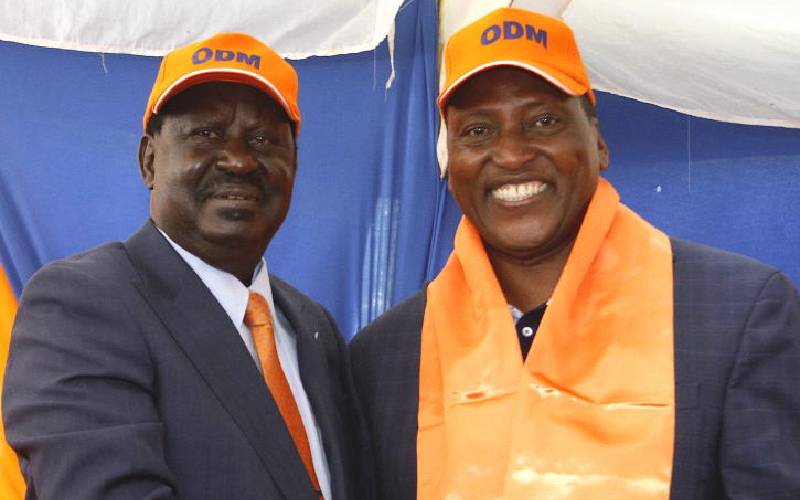×
The Standard e-Paper
Fearless, Trusted News

ODM Leader Raila Odinga when he received Kitutu Chache MP Richard Onyonka to ODM after he defected from Ford Kenya. [Jenipher Wachie, Standard]
Political parties are now bracing for a looming wave of defections in the next few weeks as party nominations are held across the country.